"The Beauty of Economic Upswing"
Chinese boom-era nostalgia and what it reveals about intergenerational inequality
Over the past several months, my Bilibili(Chinese equivalent of YouTube) feed has been increasingly flooded with a particular type of video: grainy VHS-quality footage panning across 1990s-era apartment blocks in the afternoon sun. Sunlight glints off office buildings clad in white tiles and blue-green glass. The scene cuts to an empty classroom, where wooden desks might still harbor half-eaten packets of spicy snacks tucked in their compartments. Ethereal electronic music drifts in the background. Then, white text appears on screen: "You've awakened. It's an afternoon in the year 2000."
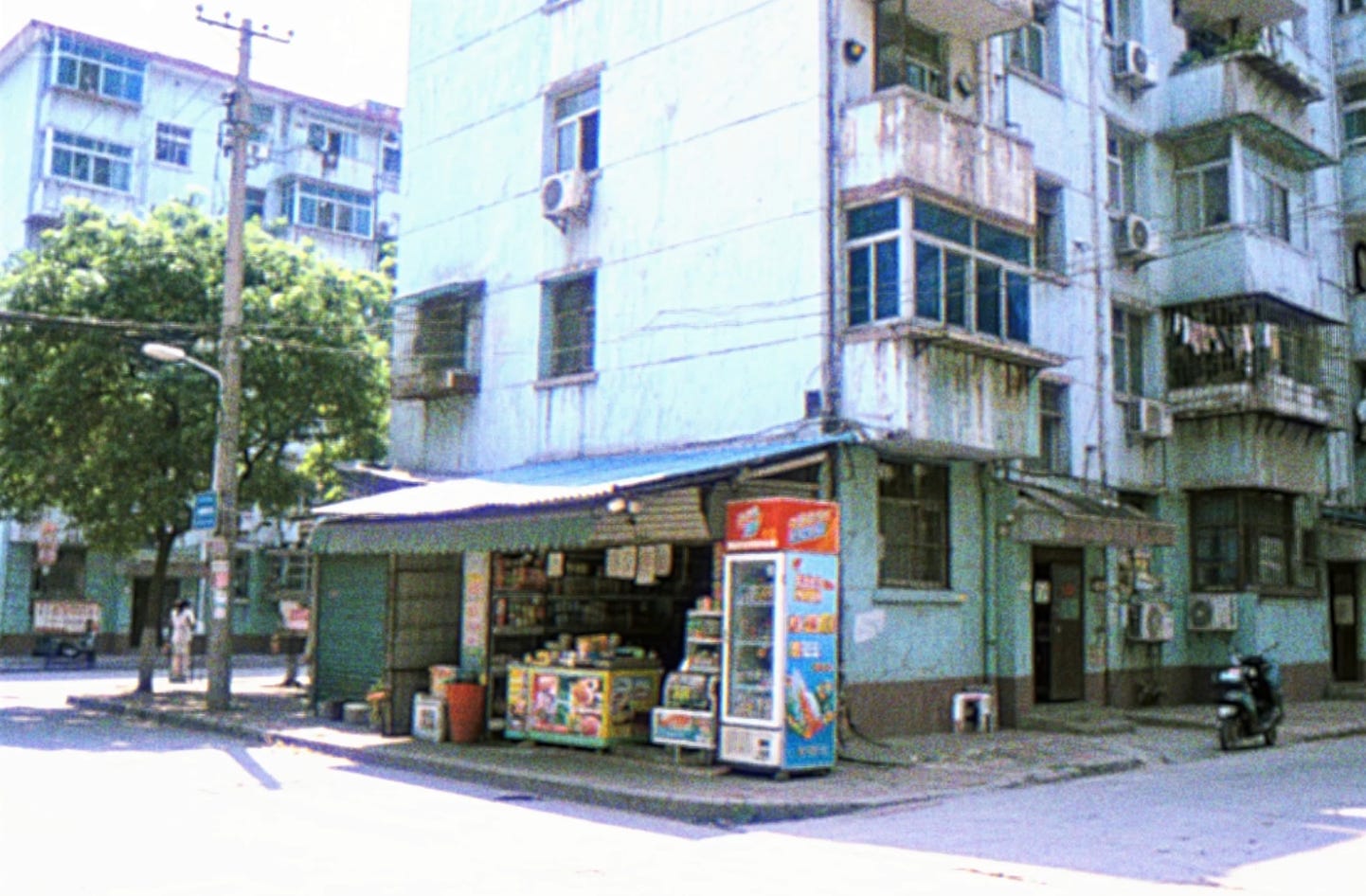
That’s the "Chinese Dreamcore," a phenomenon that has taken the internet by storm.
As one of the oldest members of Gen Z, these videos struck a nostalgic chord when I first encountered them. They brought back memories of elementary school computer classes, with Windows Vista's Y2K aesthetic icons, and students huddled together playing Counter-Strike 1.6 and Warcraft III.
It reminds me a lot of Vaporwave from the 2010s. Both take these early futuristic elements and reassemble them through collage, creating this "retrofuturism" vibe. They present scenes that feel simultaneously real and unreal through oversaturated colors and cranked-up contrast. But at the emotional core lies this sense of loss - something Chinese netizens have started calling "The Beauty of an Economic Upswing" (经济上行期的美).
Yet Chinese Dreamcore isn't just a carbon copy of Vaporwave or its more obvious Western cousin, Dreamcore. The Western Dreamcore often veers into surreal horror—take the recent Steam sensation "Inside the Backrooms," where players must escape endless, hostile, non-reality spaces—Chinese Dreamcore rarely indulges in horror or the grotesque. Instead, it focuses more on symbols of lived experience: concrete ping-pong tables outside state-owned enterprises, security-barred windows adorned with potted plants, office buildings with blue windows and white tiles, bulky CRT televisions playing the 1986 version of "Journey to the West." These scenes are so specific, so visceral, they feel directly extracted from the collective childhood memories of millions of Chinese people.
But the creators aren’t merely recreating the past. Through visual distortion, color grading, collage techniques, and looping electronic soundscapes, they perform a kind of “re-sanctification” of these ordinary fragments. An everyday scene full of warmth is stripped of specific people and stories, shrouded instead in an aura that is eerie, nostalgic, and tender all at once. It is no longer just your memory—it becomes a shared symbolic memorial for a generation that came of age from the 1980s to the early 2000s. In this way, Chinese Dreamcore has fermented into a genuine sociocultural phenomenon. And at its emotional core lies a sense of relative loss: the modern world we inhabit is not the technological, romantic utopia we were once promised.
This loss is not merely personal; it is a generational experience shaped by current economy slowdown.
This generation of young people grew up within social norms, family structures, and material aesthetics constructed by parents born in the 1950s and 60s. They believed that social progress and increasingly rich material and spiritual lives were a linear, inevitable historical process. But when they came of age and prepared to enter society, economic reality shattered these expectations. On one hand, urbanization indiscriminately bulldozed familiar factories, dissolving tight-knit communities (sometimes even families) and leaving people psychologically adrift. On the other hand, personal effort no longer yields the clear returns it once did—the society demands more and more from young people while seemingly offering fewer opportunities and resources.
The embrace of Chinese Dreamcore, this nostalgia for "The Beauty of an Economic Upswing," represents in some sense a materialization of discontent with intergenerational economic inequality. The critique has become blunt. This new term is simple, brutal, and provocative. It seems to declare: everything beautiful about the past existed precisely because it was a time of economic ascent. And all our current struggles stem from the end of that cycle.
But I can't help but ask: was the "time of economic upswing" really a utopia free from pressure and contradictions?
Of course not. Anyone who lived through those years knows that reform was never a smooth process. As a line from the political drama In the Name of the People《人民的名义》 puts it:
"China's reform and opening could be described as a mighty torrent, with everyone caught in its flow. Some, through effort or luck, found themselves riding the wave's crest—a position of infinite glory, infinite temptation, and infinite risk."中国的改革开放可以说是浩浩荡荡,每个人都身处洪流之中,期间,有许多人凭着自身的努力或者说是幸运站在了潮头之上,这潮头之上是风光无限,诱惑无限也风险无限
The economic transition brought waves of layoffs from state enterprises in the 1990s, the painful dissolution of old social fabric, environmental pollution, and persistently high crime rates till 2010th—all conveniently forgotten.
I still remember a series of photographs from early 2000, the s—images captured by a Southern Daily photographer who conducted undercover investigations around Guangzhou Railway Station documenting drug addicts. They wondering nearby the station, trapped in a vicious cycle: upon waking, they rob passengers; when "hungry," they turned to drugs and squander their gains. Without any savings and unable to break free, they were prisoners of their own hell. And that’s to say nothing of the enslaved workers in the black brick kilns of the same period.
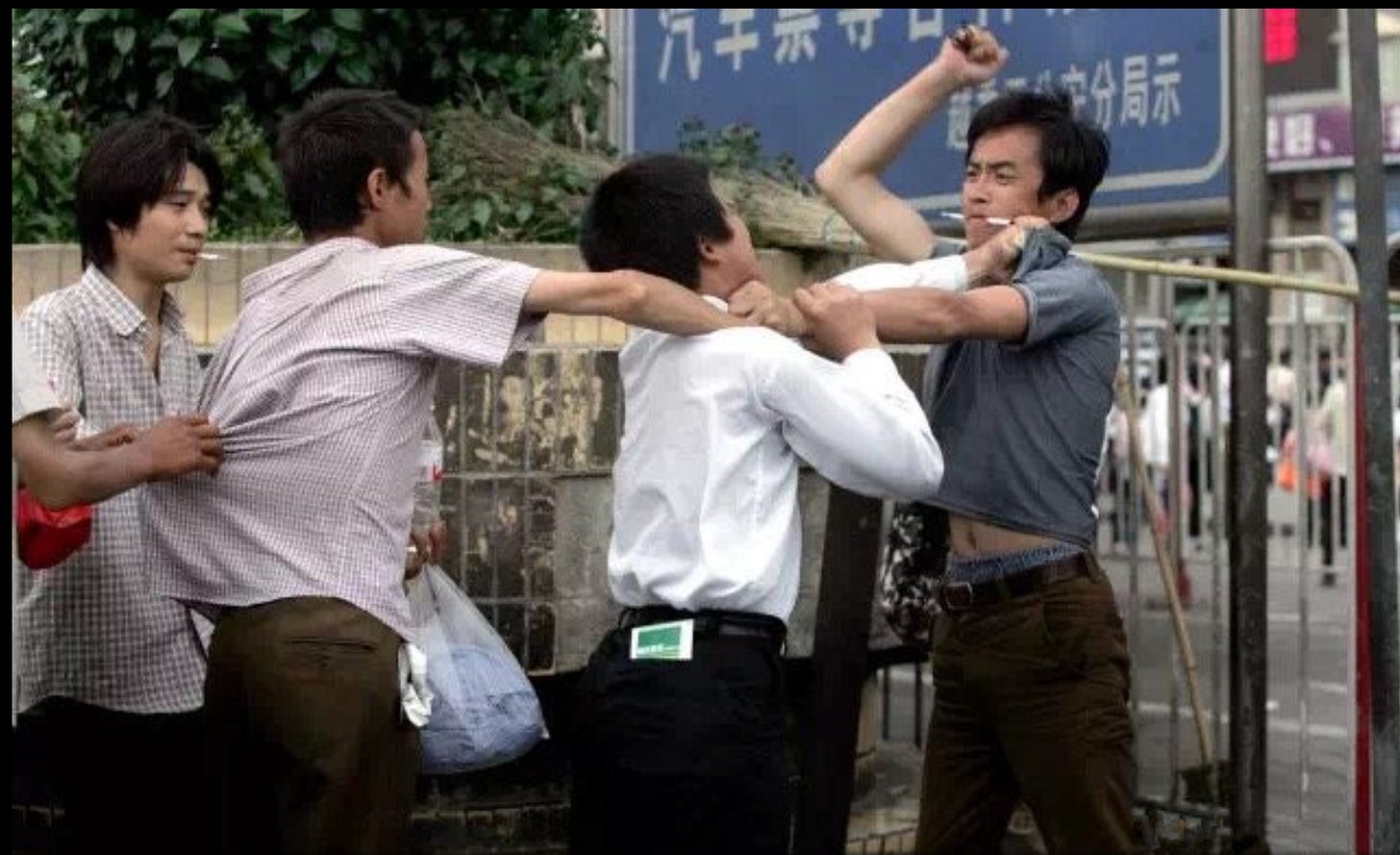
As Zhang Beihai, a content creator at Bilibili noted in his 1.6 million viewed video, our collective narrative of so-called "economic upswing times" often relies on a grand illusion—one that selectively highlights the experiences of the most privileged and the most glamorous moments of the era. Because upswing periods mask so many problems, downswing periods are exactly the flip side of upswing periods. We didn't fall from some golden age into disaster - that imagined golden age we're nostalgic for had already planted the seeds of today's problems.
I don't mean to sing praises for the status quo, but a reminder that such “economic upswing“ didn’t cast light on everyone. Of course, as a member of Gen Z, I’m not here to scold young people. I believe such an emotional state is more of a product of current economic system, for which youth shouldn't be held responsible.
But history has shown that when a generation's private nostalgia crystallizes into widespread public sentiment, these nostalgic feelings have redirected their nations' political trajectories, with effects lasting to this day. After the Soviet Union's collapse, many felt uncomfortable with rapid market reforms and the influx of Western culture, beginning to miss the Soviet era's great power status, social stability, and collectivist values. This nostalgia coalesced into a powerful social mentality, providing deep popular support for political directions emphasizing tradition, order, and state power—profoundly shaping Russia's domestic and foreign policies today.
Brexit's campaign slogan, "Take Back Control," was essentially nostalgia for past glory. It awakened many older British voters' hazy memories of the Pax Britannica and a more homogeneous national identity. Nostalgia, it seems, is never really about the past—it's fundamentally a declaration and demand directed at the future.
This shift hasn't been sudden. The post-90s and post-00s generations have already proven through vibrant online political discourse(键政) that they're no longer the "obedient" generation. They’re more individualism, excel at building (sometimes unwelcoming) online micro-communities, and create their own discourse systems and cultural symbols to counter narratives they find hollow.
This is a crucial signal. Whether people like this trend, it has rung the bell of increasing intergenerational inequality. When change and economic transformation occur at breakneck speed, contradictions surface in extremely short timeframes. My favorite explanation is that China accomplished in 40 years what other countries took 200 years to achieve, which conversely means that all those problems other countries could digest over 200 years, China must resolve within 40. Or in Marxist terms, it's productive maximization at the cost of reproductive meltdown.
Sometimes I wonder what videos the next generation will make about our era. Will they romanticize delivery apps or lying flat? Or will they be too busy building something we haven't even imagined yet? I hope it’s the later.


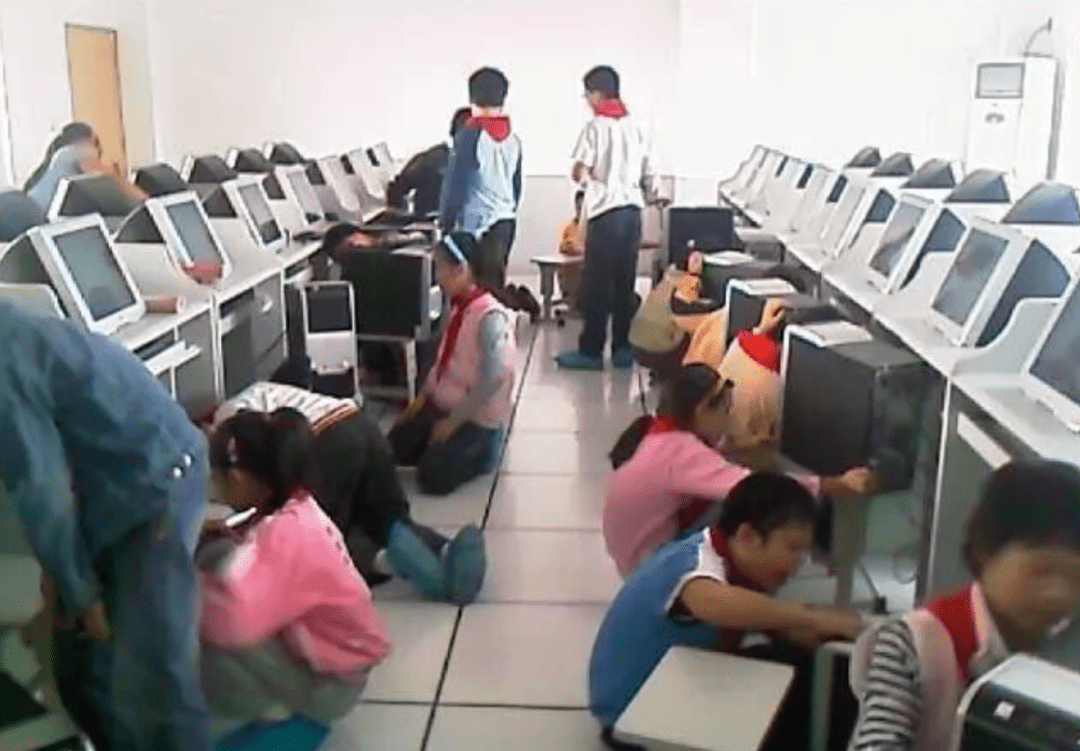
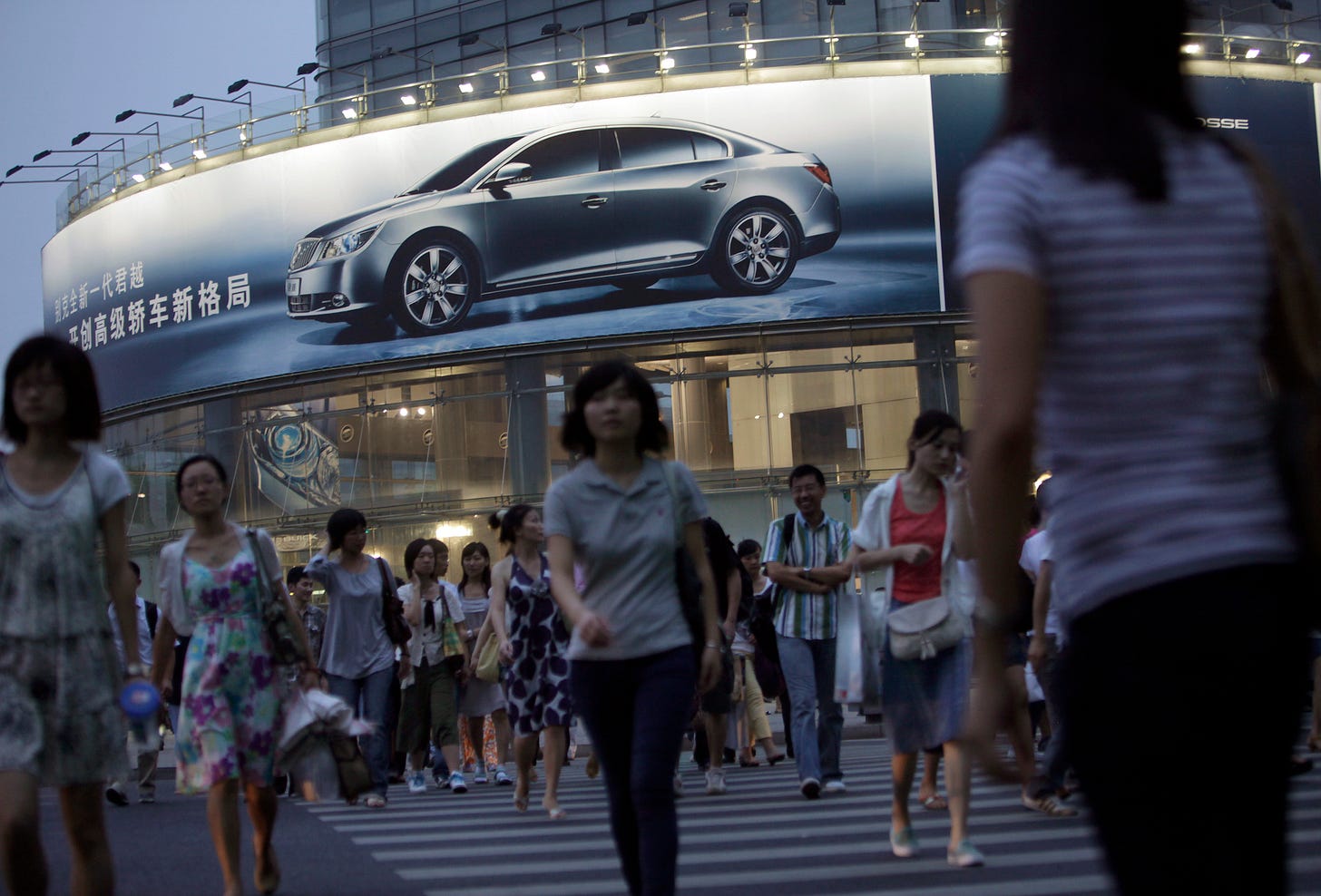

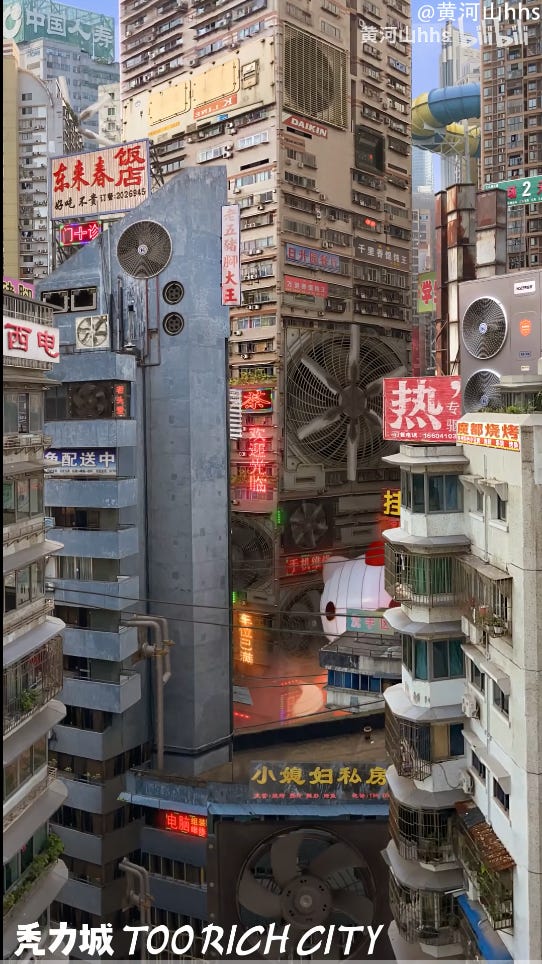
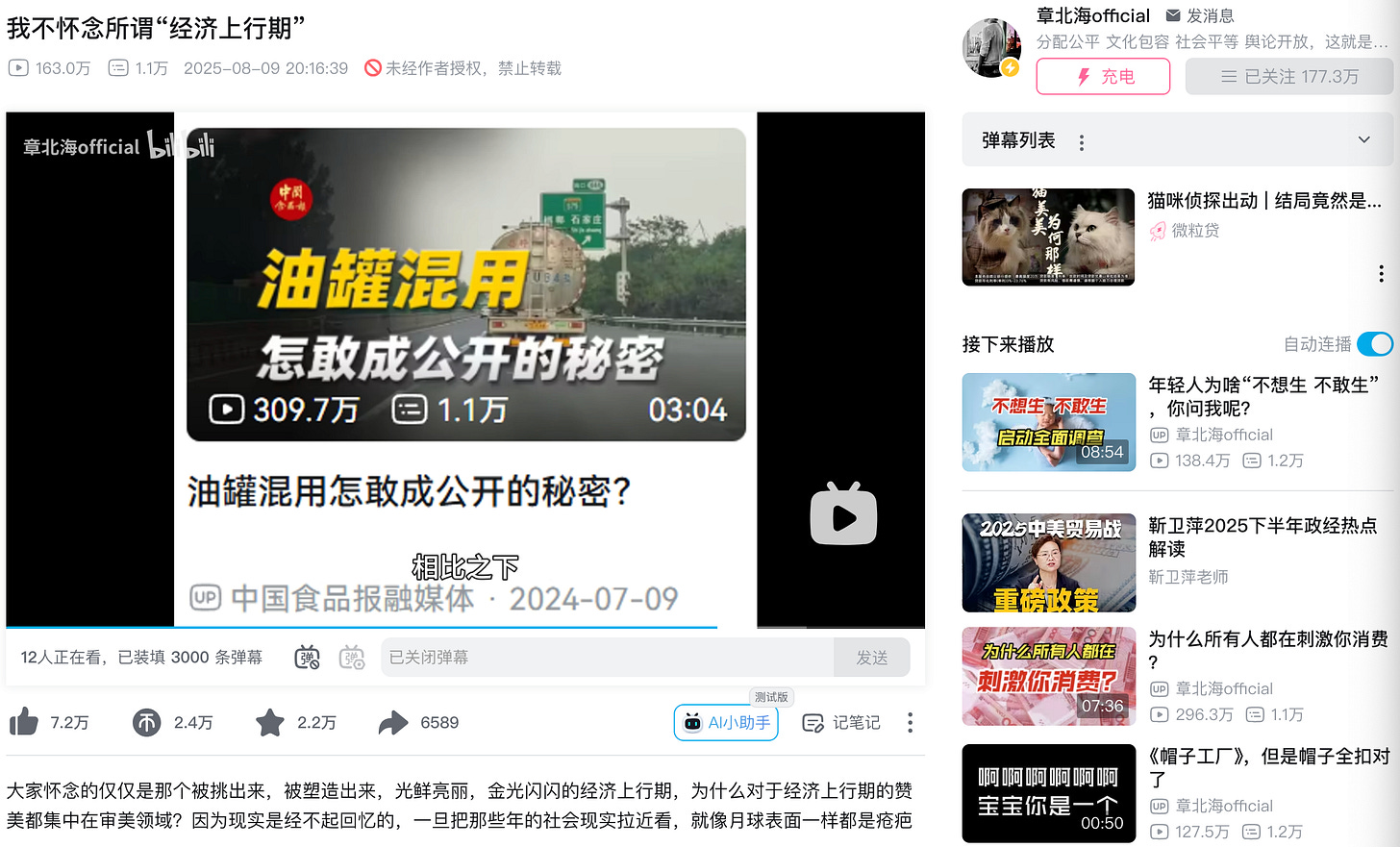
The writing is superb. Thanks for including Zhang’s comment. “Because the reality cannot withstand the scrutiny that comes with nostalgia.”
Love this post. Nostalgia economy is so real in China at the moment. There are deeper societal reasons behind the rise, and it's a throwback on a grand style.